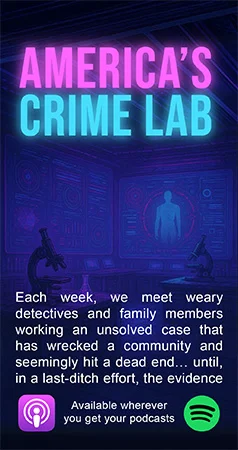I think the important element in this case is that the one customer put CS in a choke hold after CS punched him in the face which makes CS the aggressor. (Above and beyond instigating the event by shoplifting alcohol.) Further, the person who put him in the choke hold only intended to restrain him, not injure him. Legally, it will be interesting to see how this case evolves.
In criminal recklessness/assault/self-defense/mutual combat cases there is a concept of "like force". I don't know that I would consider suffocating a person who punched me "like force". Hitting them back would be.
The act of putting someone in a choke hold is done to keep a person from moving and to cause them to black out. Corey punched the guy because the guy was not letting him get away. Corey was not choked to prevent him from being hit again, since the act of punching his pursuer was so he could flee, not because Corey wanted to fight. The choke hold was done to detain him. The length of it (enough to kill him), was not "like force'.
Finally, Corey was not the aggressor. The person chasing him was. Especially since no law allowed him to chase the suspect or to detain him.
Here's more on self-defense laws in Wisconsin, which would be what you're talking about in justifying applying a choke hold on Corey because he was "the initial aggressor":
I also think the fact that he was choked to death after hitting the guy kind of supports the theory that the force was unreasonable, IMO, because the guy was probably pretty angry.1) A person is privileged to threaten or intentionally use force against another for the purpose of preventing or terminating what the person reasonably believes to be an unlawful interference with his or her person by such other person. The actor may intentionally use only such force or threat thereof as the actor reasonably believes is necessary to prevent or terminate the interference. The actor may not intentionally use force which is intended or likely to cause death or great bodily harm unless the actor reasonably believes that such force is necessary to prevent imminent death or great bodily harm to himself or herself.
(ar) If an actor intentionally used force that was intended or likely to cause death or great bodily harm, the court may not consider whether the actor had an opportunity to flee or retreat before he or she used force and shall presume that the actor reasonably believed that the force was necessary to prevent imminent death or great bodily harm to himself or herself if the actor makes such a claim under sub. (1) and either of the following applies: 1. The person against whom the force was used was in the process of unlawfully and forcibly entering the actor's dwelling, motor vehicle, or place of business, the actor was present in the dwelling, motor vehicle, or place of business, and the actor knew or reasonably believed that an unlawful and forcible entry was occurring.
2. The person against whom the force was used was in the actor's dwelling, motor vehicle, or place of business after unlawfully and forcibly entering it, the actor was present in the dwelling, motor vehicle, or place of business, and the actor knew or reasonably believed that the person had unlawfully and forcibly entered the dwelling, motor vehicle, or place of business.
(2) Provocation affects the privilege of self-defense as follows:
(a) A person who engages in unlawful conduct of a type likely to provoke others to attack him or her and thereby does provoke an attack is not entitled to claim the privilege of self-defense against such attack, except when the attack which ensues is of a type causing the person engaging in the unlawful conduct to reasonably believe that he or she is in imminent danger of death or great bodily harm. In such a case, the person engaging in the unlawful conduct is privileged to act in self-defense, but the person is not privileged to resort to the use of force intended or likely to cause death to the person's assailant unless the person reasonably believes he or she has exhausted every other reasonable means to escape from or otherwise avoid death or great bodily harm at the hands of his or her assailant.
(3) The privilege of self-defense extends not only to the intentional infliction of harm upon a real or apparent wrongdoer, but also to the unintended infliction of harm upon a 3rd person, except that if the unintended infliction of harm amounts to the crime of first-degree or 2nd-degree reckless homicide, homicide by negligent handling of dangerous weapon, explosives or fire, first-degree or 2nd-degree reckless injury or injury by negligent handling of dangerous weapon, explosives or fire, the actor is liable for whichever one of those crimes is committed.http://www.lawserver.com/law/state/wisconsin/wi-laws/wisconsin_laws_939-48

